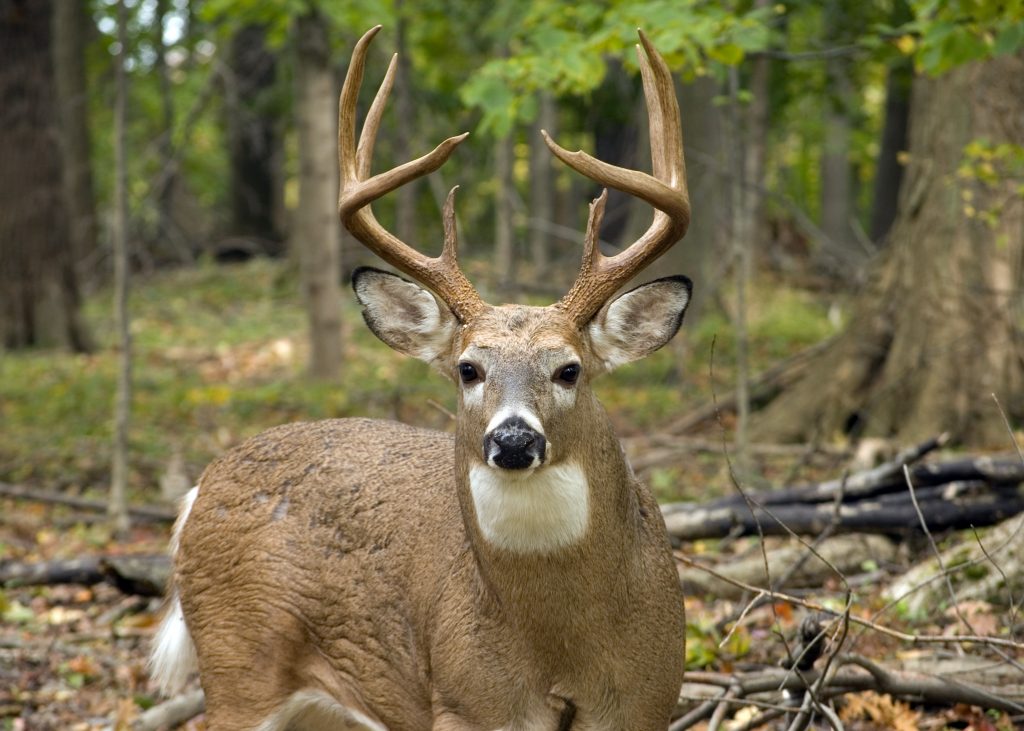Across the country, Fish and Wildlife Commissioners are appointed to represent the interests of their constituents and, importantly, the sportsmen and women who buy licenses and pay excise taxes on guns, ammo, and outdoor gear that supports their respective state wildlife agency.
Unfortunately, proposed legislation in Kentucky (House Bill 395) would subvert the North American Model of Wildlife Conservation by granting the State’s Department of Agriculture authority to appoint four of the nine Fish and Wildlife Commissioners within the Commonwealth. Structuring the Fish and Wildlife Commission through agricultural appointments does not follow scientific wildlife management of the resource and does not serve the citizens of the Commonwealth who buy licenses to hunt, fish and trap and are the primary funders of the Kentucky Department of Fish and Wildlife.
Allowing agricultural interests to determine Commissioner make-up, especially with such a large number of the members, is not only inconsistent with the North American Model but also with the Kentucky statutes that state the Commission “shall at all times keep a watchful eye upon the Department of Fish and Wildlife Resources, and advise the Commissioner to take such action as may be beneficial to the department and in the interest of wildlife and conservation of natural resources.”
Agriculture is immensely important and produces many positive outcomes but, as we have seen, fish and wildlife management – and “the interest of wildlife and conservation of natural resources” – does not always line up with agricultural interests. Every state in the country has a Department of Fish and Wildlife (or state agency by a similar name) that is individually and separately managed from their Department of Agriculture. Conflating these two similar but divergent areas is a disservice to the sportsmen and women of Kentucky and is a threat to the long-term sustainability of fish and wildlife management.
Kentucky’s wildlife (both game and non-game), natural resources, and license buyers will be best represented by Commission members nominated through the current process – by the local hunters and anglers within each Commission district and sent to the Governor for his review. The sportsmen and women of the Commonwealth of Kentucky directly pay for conservation, and they deserve to know their commissioners prioritize proper spending of their license and federal Pittman-Robertson dollars on fish and wildlife conservation over agricultural interests.




